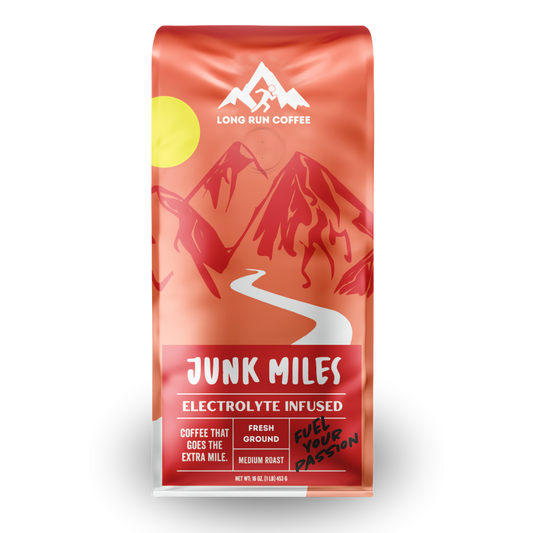
The Myth of “Feeling Ready”
2 Minute Read
We all do this.
"I'll start tomorrow."
"Right after I finish xyz, I'll be able to get started."
"I'll be ready as soon as xyz."
We wait to feel “ready.” Whether it’s about running your first marathon, pursuing a career change, or tackling personal goals, the idea of feeling fully prepared beforehand is pervasive—and ultimately, misleading.
The truth, of course, is that readiness rarely precedes action. Instead, consistent action itself creates the readiness we’re seeking.
Why Waiting for Readiness is a Trap
Waiting to feel fully ready before taking action can easily become a trap, holding us back indefinitely. This misconception stems from the belief that, over time, we'll gain confidence and ultimately feel confident, capable, and prepared. In reality, that moment never arrives, and likely makes it worse as we now have more time to over-think and lose motivation.
By waiting to “feel ready,” we create unnecessary barriers to our own progress. This often leads to procrastination, frustration, and eventually missed opportunities. The idea of readiness as a prerequisite becomes an excuse that delays personal growth and achievement. The longer we wait, the more distant our goals become.
Action Creates Readiness
Here’s the good news: true readiness is a product of action, not a precursor. When we take action—even if it’s small, imperfect, and uncomfortable—we start building genuine confidence and capability.
Consider a new runner hesitant to start because they don’t yet feel like a “real runner.” By simply putting on running shoes and stepping out the door, this person begins the transformation. With every run, they become more comfortable, more skilled, and eventually, more “ready.” Similarly, registering for a race before you feel certain of your ability to finish provides the commitment and pressure needed to train consistently and eventually succeed.
This principle is universal. Taking action first leads to incremental improvements, increased confidence, and the genuine readiness that we originally sought. Each step forward builds the internal belief and tangible skillset needed to tackle even bigger goals.
Building Habits Overrides the Need for Motivation
Consistent action doesn’t just create readiness—it creates habits. And habits are powerful precisely because they require less motivation over time. The effort needed to start something decreases dramatically when it becomes habitual.
Routine is your secret weapon. When you run regularly, each subsequent run requires less mental effort and self-convincing, because the action itself has become embedded in your daily life. Habits remove the friction and resistance associated with taking action, meaning you no longer need to “feel ready” or motivated each day.
Over time, these habits form the foundation for long-term success. You don’t need to rely on sporadic bursts of motivation or elusive feelings of readiness—you rely on consistency.
The Power of Reframing “Ready”
The final and most powerful shift in perspective is this: readiness isn’t a feeling you wait for—it’s a result you achieve. Rather than sitting still and hoping to feel prepared, embrace the fact that you never will be... until you start.
Here’s how to practically apply this mindset:
- Commit to small, daily actions that align with your goal.
- Accept that initial efforts will feel imperfect and uncomfortable.
- Trust that each action will incrementally build confidence and competence.
Successful athletes and high performers don’t wait for ideal conditions. They understand that by stepping into action—even before feeling fully prepared—they generate the conditions that create genuine readiness and lasting success.
Wrap-Up
All we need to remember is that readiness doesn’t precede action; it emerges from action itself. By consistently moving forward—even in small, imperfect steps—you create the habits and mindset necessary to achieve any goal.
With this mindset, we build a routine we love and train consistently. Because with consistency, we build passion.


















